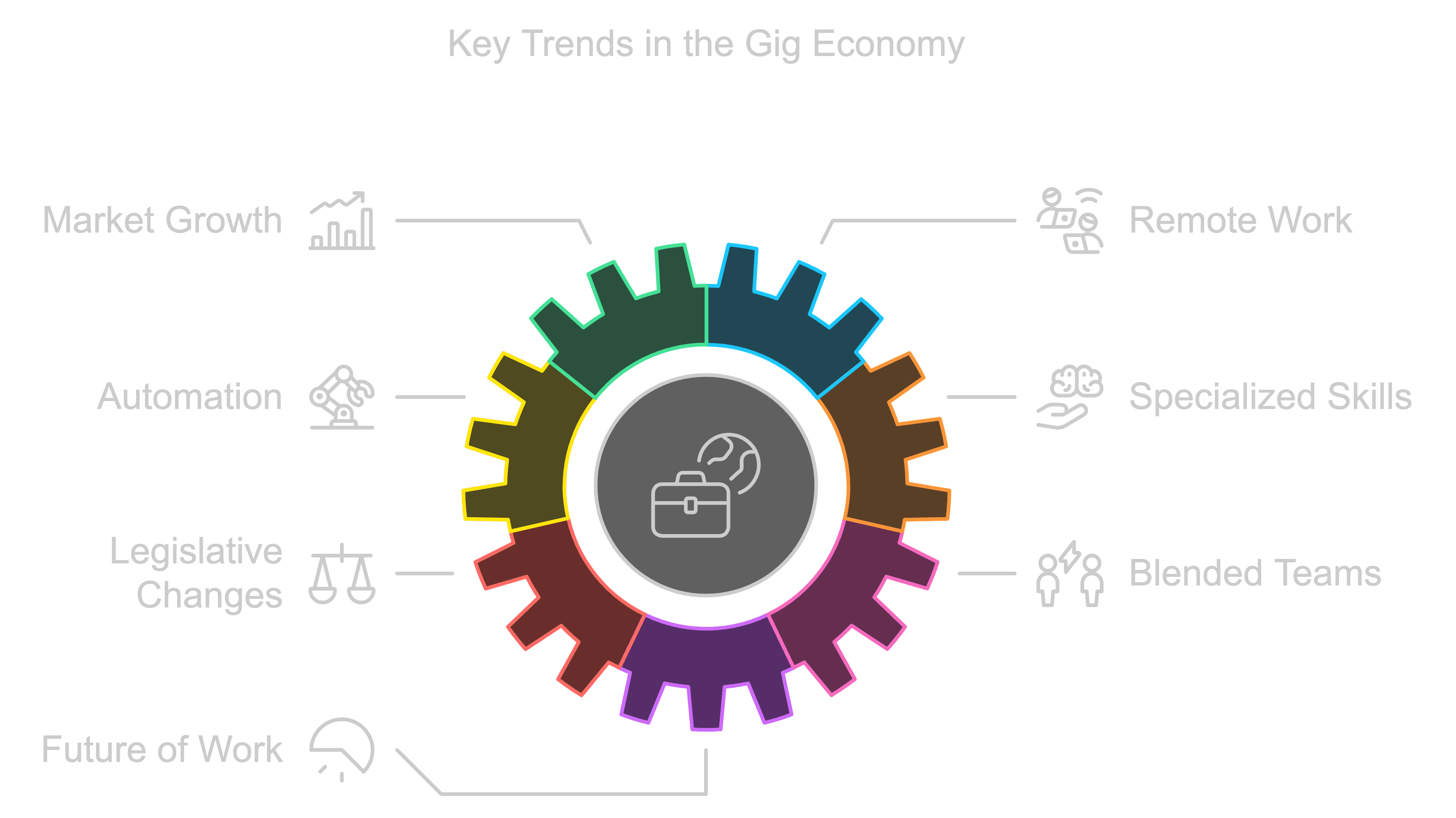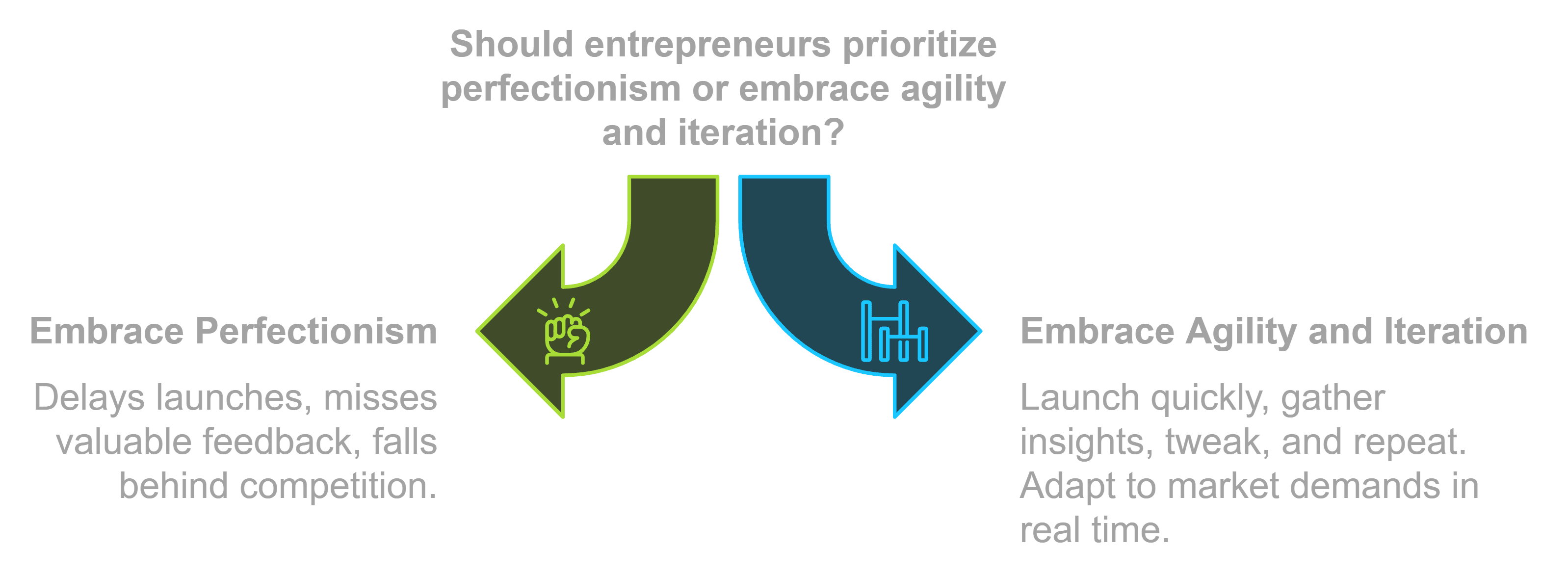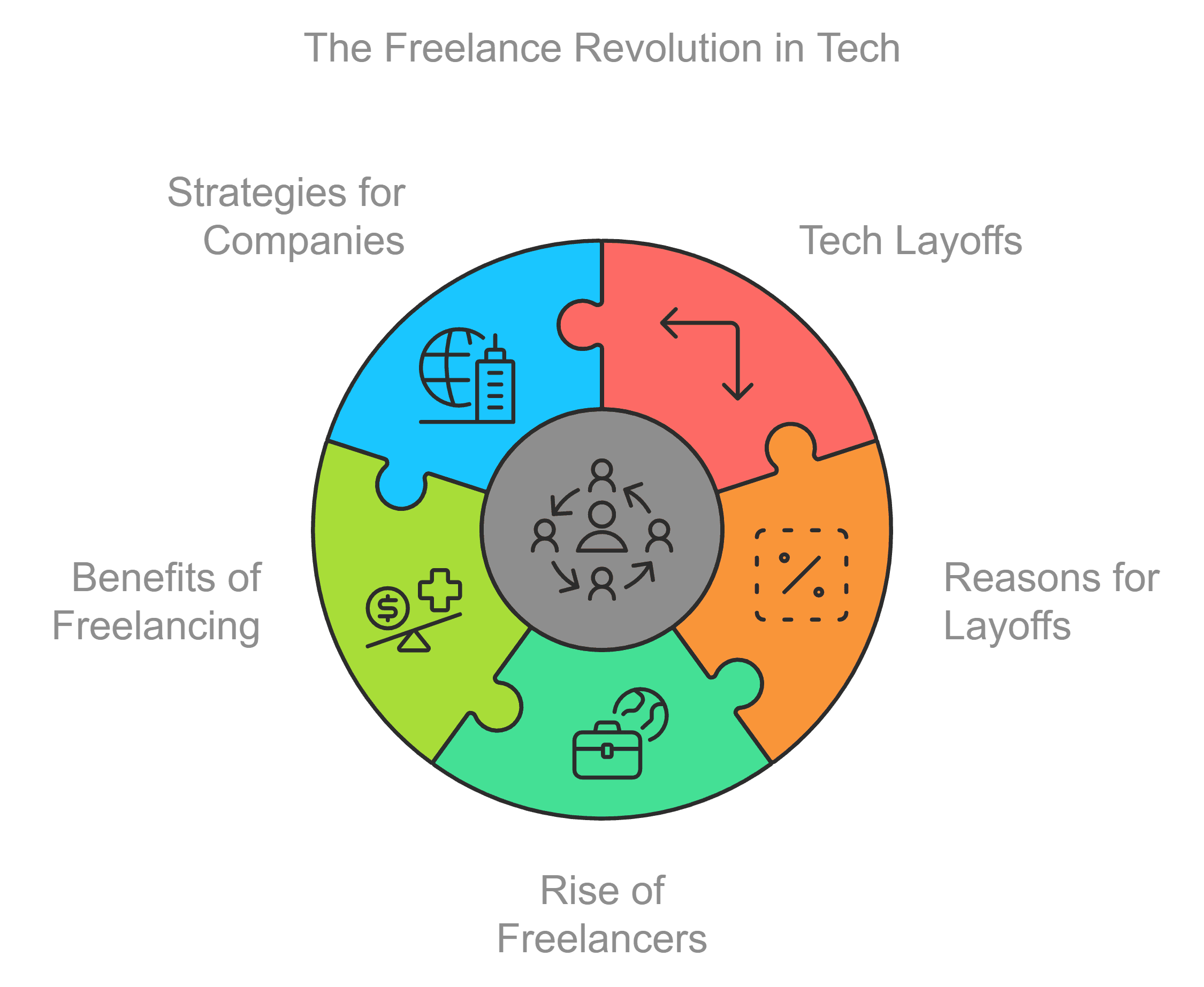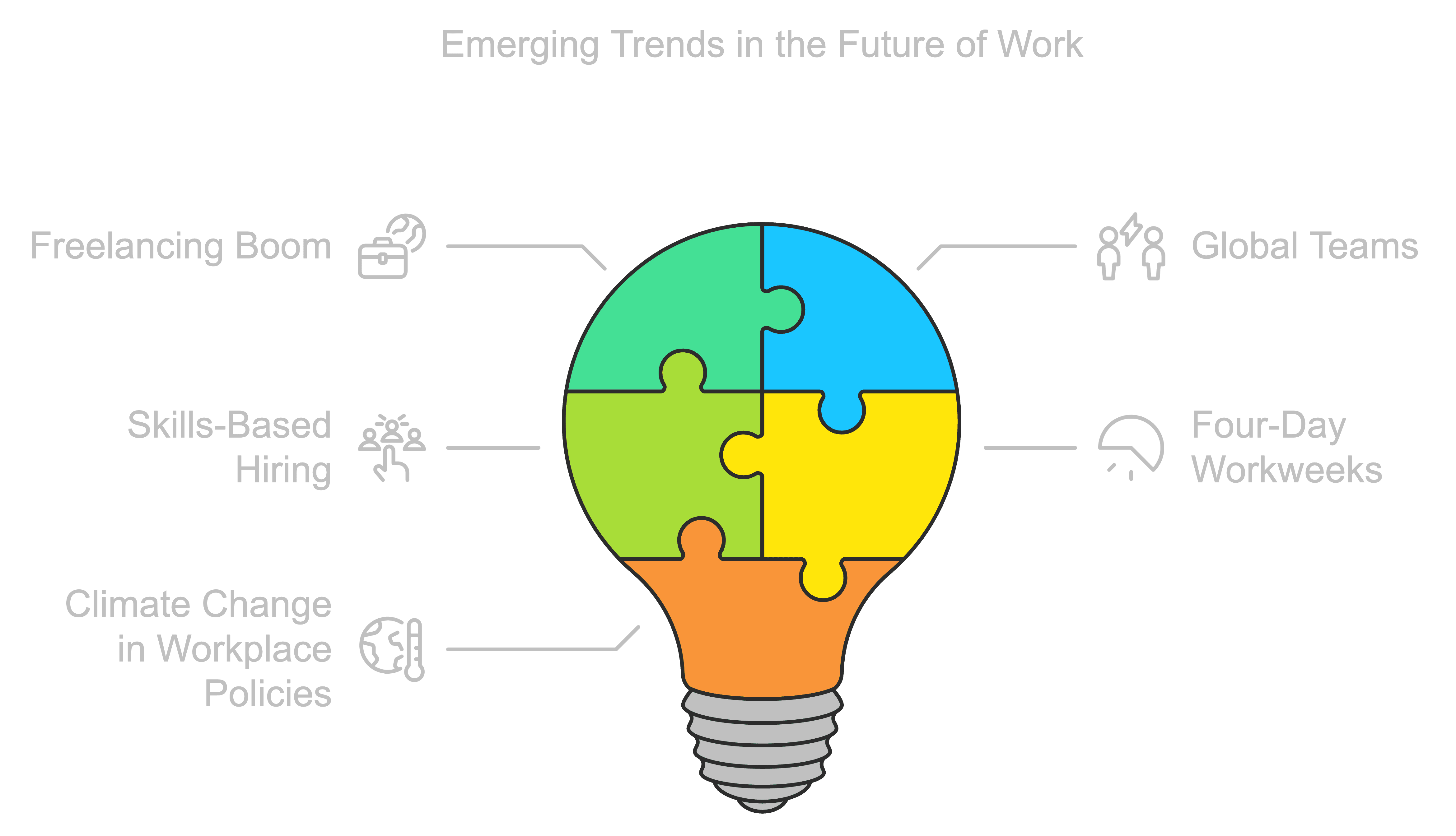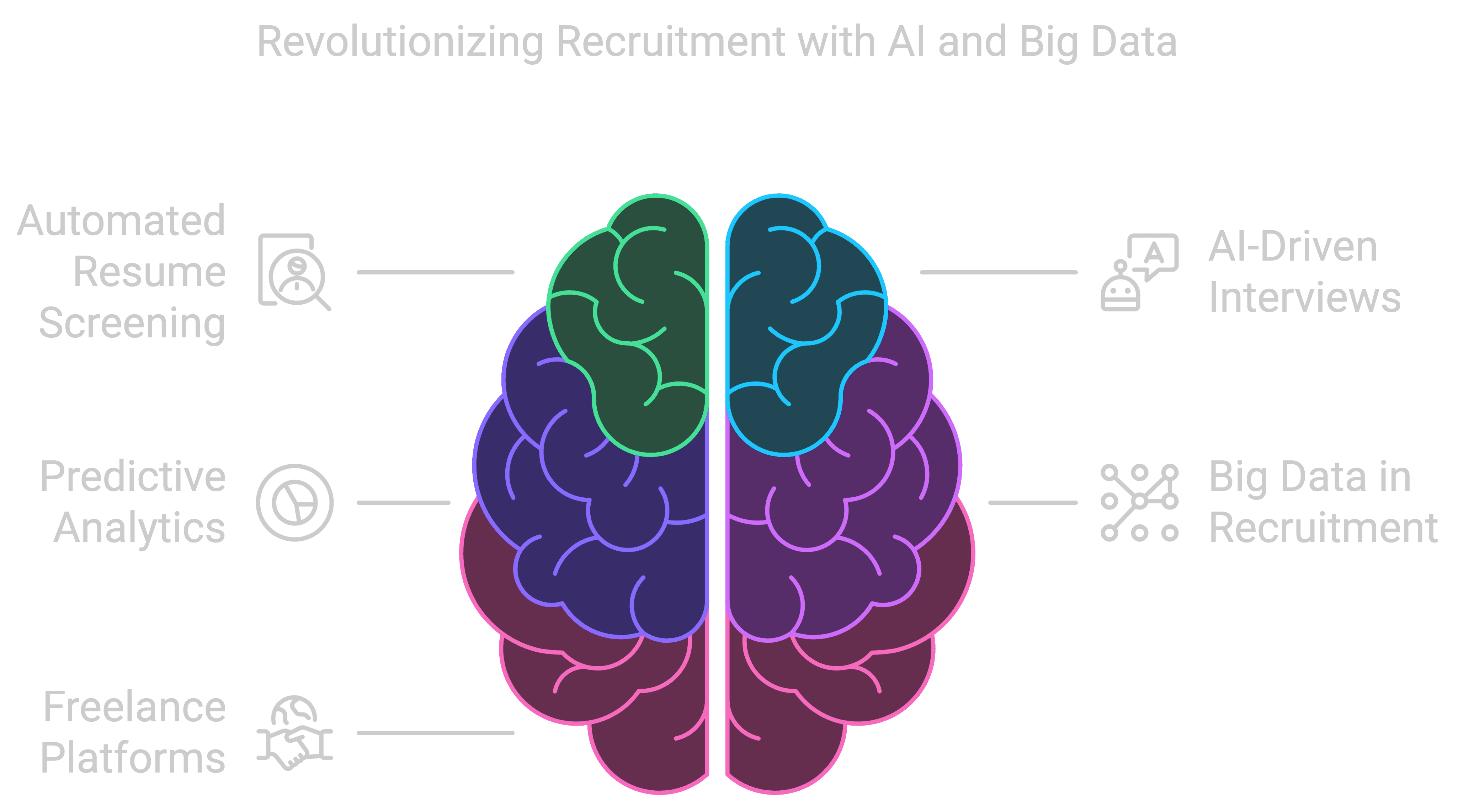September 18, 2024
Gig Economy Trends for Freelancers & Employers
The Gig Economy in 2024: Trends and Predictions for Freelancers and Employers
The gig economy has grown from a trend to a major force reshaping the global workforce. With freelancers expected to make up over 50% of the U.S. workforce will be freelancers by 2028 comes from a projection by Statista, , the gig economy is transforming how we think about work and how businesses hire. Whether you're a freelance web developer, a digital marketer, or a business looking for flexible talent, 2024 is set to bring exciting changes to the freelance landscape.
Gig Economy Growth: A Market on the Rise
According to a report from Statista, the global gig economy is projected to grow from $873 billion in 2027 to $1.8 trillion by 2031, with a CAGR of 16.18%. The increasing reliance on freelancers isn’t just a trend—it’s a fundamental shift in how work gets done.
In the U.S., freelancers are expected to make up over 50% of the workforce by 2028, translating to roughly 90.1 million people (source: Upwork Freelance Forward Report). This rapid growth is being driven by businesses’ need for flexibility and access to specialized skills.
The Remote Work Revolution: A Lasting Shift
If there’s one thing the pandemic showed us, it’s that remote work is here to stay. By 2025, around 70% of the workforce is expected to work remotely at least five days a week (source: Global Workplace Analytics). For freelancers, this trend means even more opportunities to work with global clients, and for businesses, it opens up access to talent beyond local borders.
Platforms like BeGig are capitalizing on this trend by allowing companies to find remote tech professionals with ease. Whether you’re a freelance content writer based in the U.S. or a freelance web developer from Europe, platforms like BeGig connect you with businesses that need your skills, regardless of your location.
For companies, this is a game-changer. No longer limited by geography, businesses can hire the best person for the job, whether they’re across town or across the world. Remote work has truly globalized the freelance market.
Automation and its Impact on Freelance Work
We’ve been hearing about automation for years, but now it's starting to have real-world impacts on the gig economy. According to McKinsey & Company, nearly 50% of work activities could be automated within the next 10 to 25 years, particularly in areas like data entry and basic coding.
While this might seem concerning for some freelancers, it actually opens up opportunities for those with specialized skills. Jobs in AI programming, advanced data analytics, and software development are becoming more valuable as routine tasks are automated.
Platforms like BeGig are positioning themselves to help companies find specialized freelancers who can work on more complex, high-level tasks. As automation takes over mundane activities, businesses will need freelancers with deep expertise in emerging technologies, and BeGig is one of the platforms that’s making these connections possible.
The Rise of Specialized Skills in the Freelance Market
As the gig economy continues to grow, so does the need for specialized skills. According to Harvard Business Review, companies are increasingly looking for freelancers who bring niche expertise to the table, particularly in areas like AI, blockchain, and cloud computing.
If you’re a freelancer, this is your opportunity to stand out. Whether you're a freelance web developer specializing in Shopify or a freelance content writer focused on SEO, having specialized skills will help you command higher rates and win more long-term projects.
The Future of Work: Moving Away from the 9-to-5
LinkedIn co-founder Reid Hoffman predicts that by 2034, the traditional 9-to-5 job may be a thing of the past, replaced by a workforce that engages in multiple freelance roles across different sectors (source: India Today). This shift is being driven by the gig economy and advancements in technology, allowing people to work flexibly and take on diverse projects simultaneously.
For freelancers, this means more control over their careers. Instead of being tied to a single employer, gig workers can explore multiple opportunities, build diverse portfolios, and manage their own schedules.
Conclusion: The Gig Economy’s Bright Future
The gig economy is on track to double in size over the next decade, and platforms like BeGig are helping to shape this future. By focusing on specialized tech talent, BeGig is playing a key role in connecting businesses with the freelancers they need to stay competitive in an ever-evolving marketplace.
As automation, remote work, and specialized skills continue to shape the gig economy, freelancers and businesses alike will need to adapt. Whether you’re a freelance web developer looking for your next project or a company seeking top-tier talent, the future of freelancing looks incredibly bright.
So, what’s your take? Are you already part of the gig economy, or are you considering jumping in? I’d love to hear your thoughts—drop a comment below and let’s keep the conversation going!
